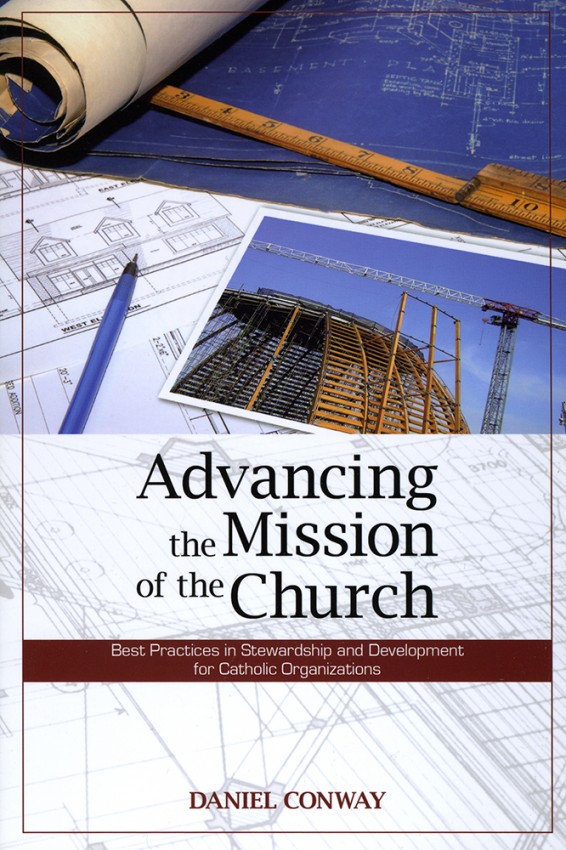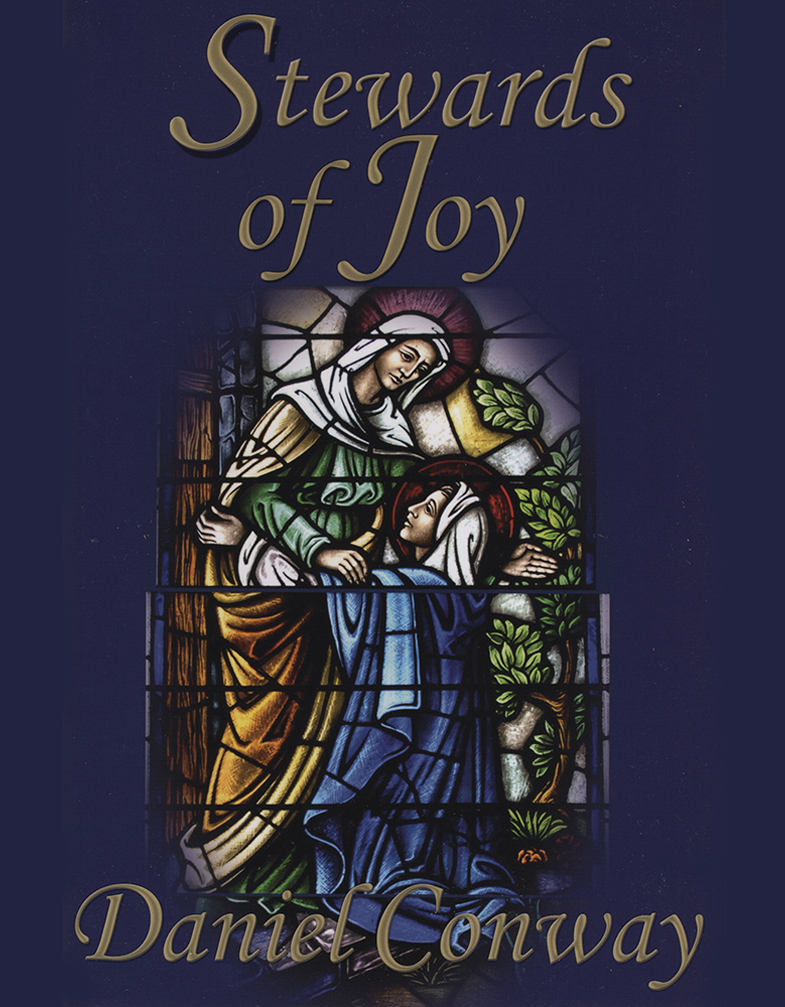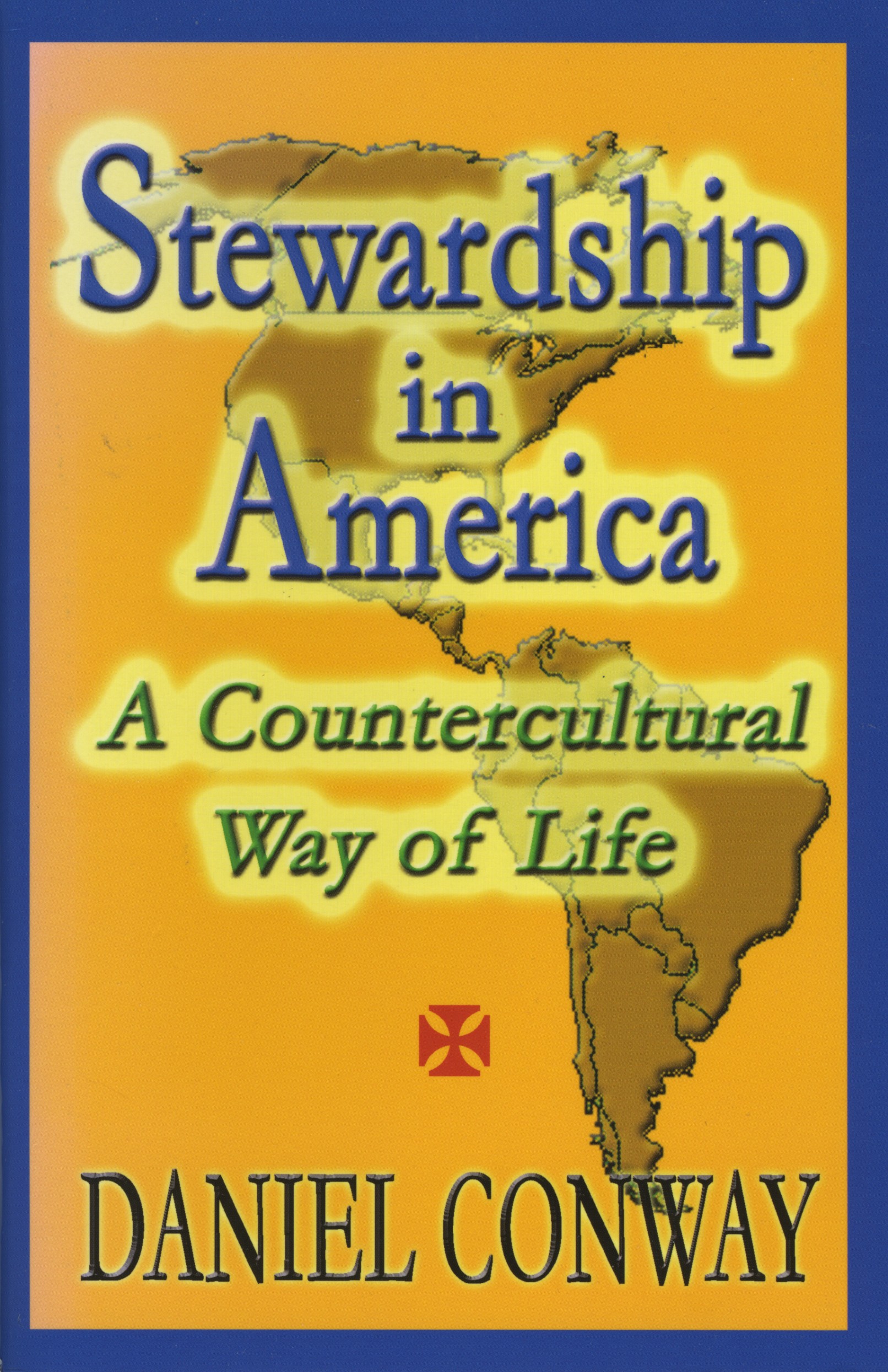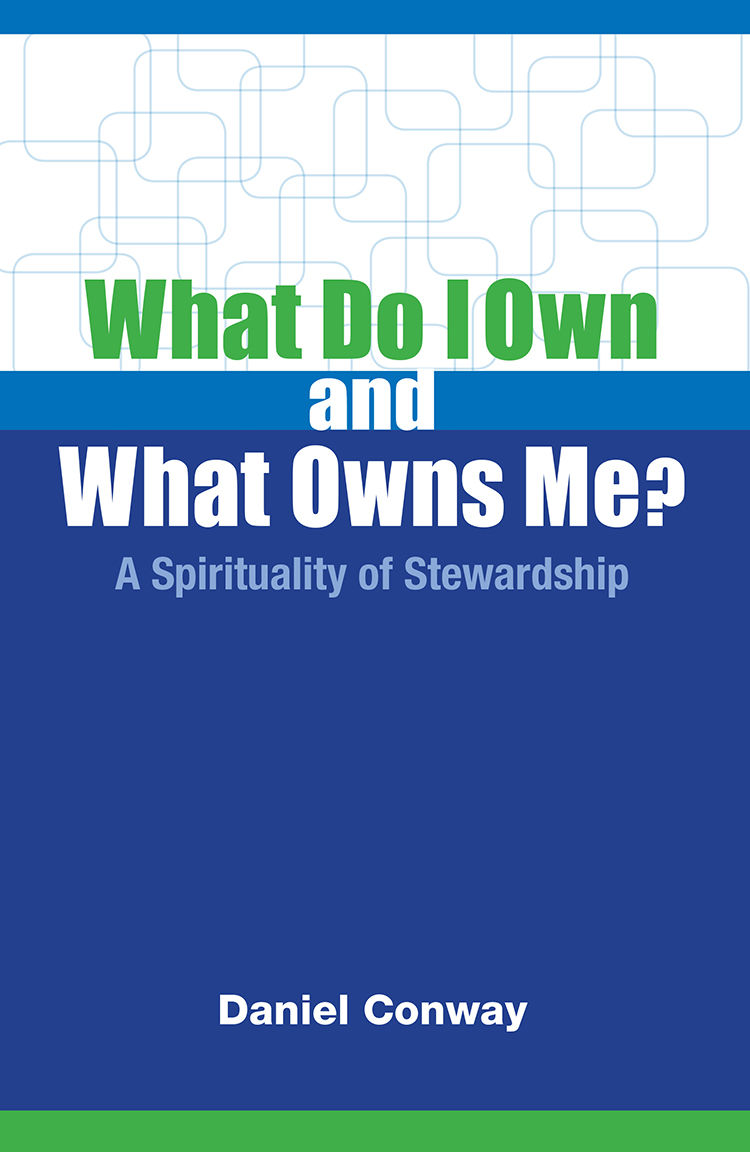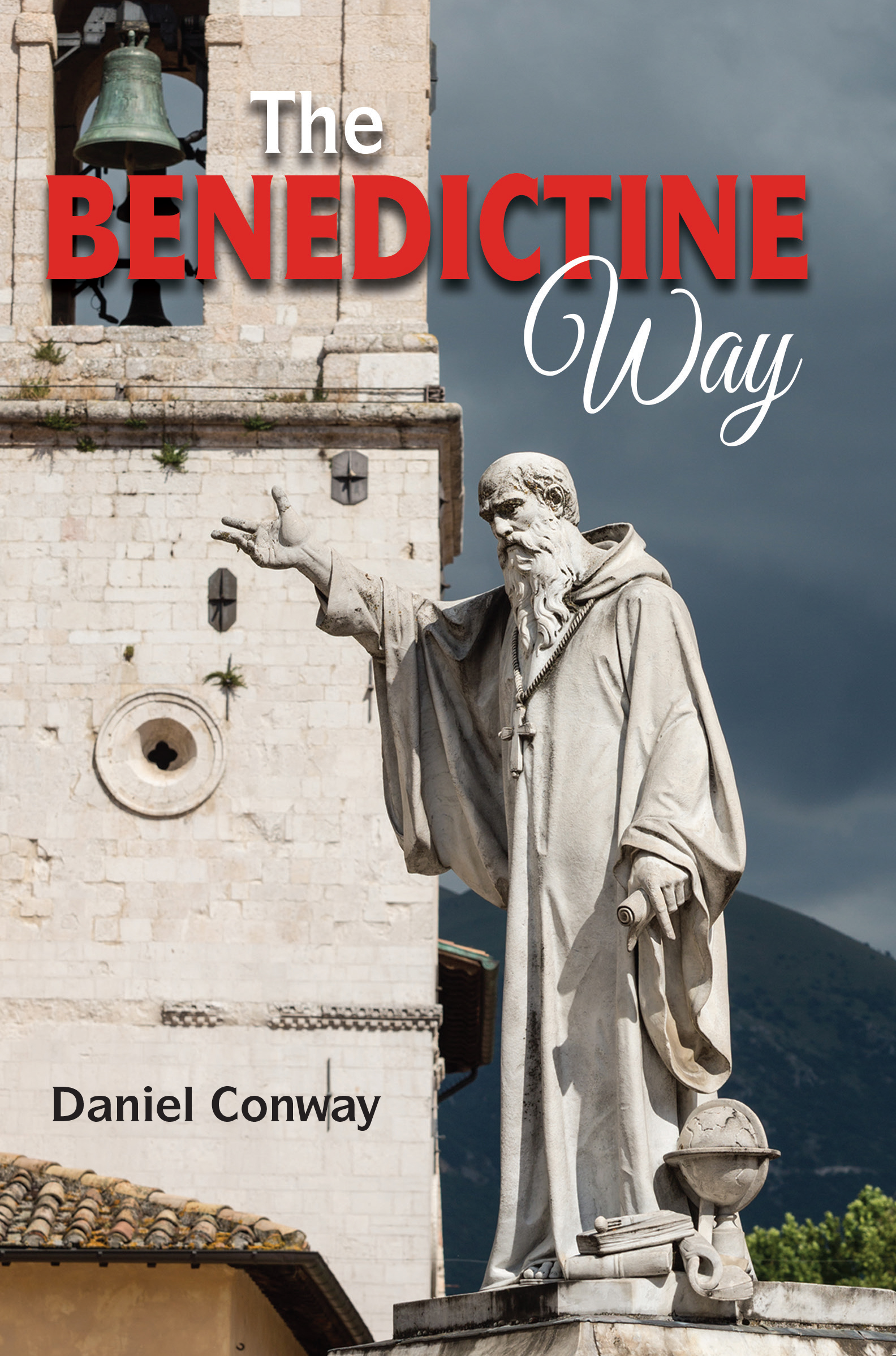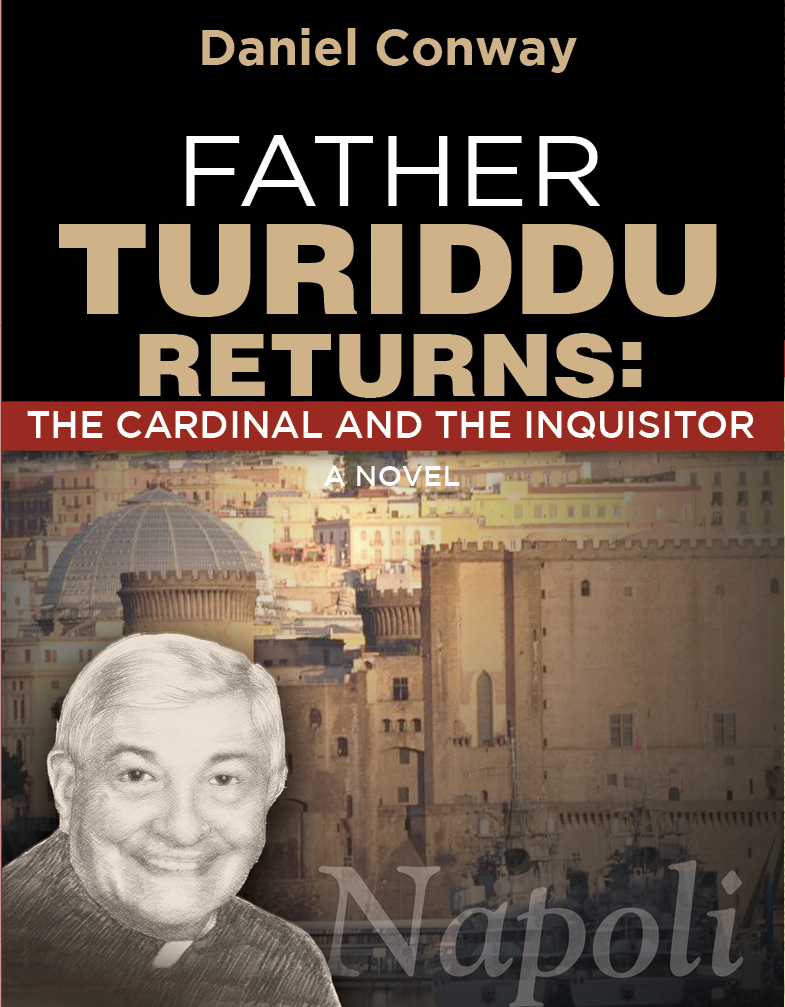Looking back, an argument can be made that in 2021 “factionalism” was the most serious problem we experienced as a society and as a Church. The many issues we were confronted with—a seemingly endless pandemic, deep-seated social unrest that too often erupted into violence, poverty, homelessness, social anxiety, political rancor, and more—were all made worse by our tendency to isolate in groups of closed-minded, intolerant factions. Instead of coming together to face our problems squarely, we too often found ourselves on opposite sides of an ideological divide hurling insults at one another and refusing to even consider any forms of compromise.
Even in the Church, we too often forgot the unity that was won for us by our Lord’s victory over sin and death on the cross. Acting like our own religious faction has the only true understanding of Church teaching, liturgical practice, or the demands of social justice, we reviled our opponents and circled our wagons against the feared encroachment of our religious enemies. Perhaps this ugly truth is what prompted Pope Francis to proclaim a synodal process dedicated to genuine encounter, attentive listening, and discernment of God’s will for the Church. Unless we come to see ourselves as God’s people walking together on a journey, there’s no way we can be authentic missionary disciples of Jesus Christ.
So much of what we hear in political discussions and in the media is unreal. Identifying the truth in any given situation is an increasingly difficult challenge today. All too often, we listen to the “truths” we want to hear, and we seek out the “facts” that serve to prove the opinions that we already hold deeply. The end result is wishful thinking (at best) and a distorted view of the world we live in.
A review of West Side Story 2021 by Barbara Nicolosi makes this point beautifully: “We’re never going to stop this hateful red Montague-blue Capulet cycle we are trapped in culturally of we don’t acknowledge that everyone has some truth to share.” West Side Story is a plea for unity, or at least mutual respect, that challenges us to reject factionalism and search for ways to live together in peace.
“Everyone has some truth to share” doesn’t mean that truth is whatever anyone believes it to be. It also doesn’t mean that we shouldn’t have firm beliefs or strongly held convictions. But it does mean that we should listen to each other—even, or especially, those who think differently than we do. And acknowledging the human dignity of all people, including strangers, political opponents, and people with vastly different ideas about religion and spirituality, is necessary if we ever hope to solve (or at least survive) the enormous challenges we face in 2022 and beyond.
“Committing to overcome factionalism by respecting one another” might well be a New Year’s resolution that can make a difference in our society and in our Church. At the very least, it’s worth a try.
Daniel Conway

